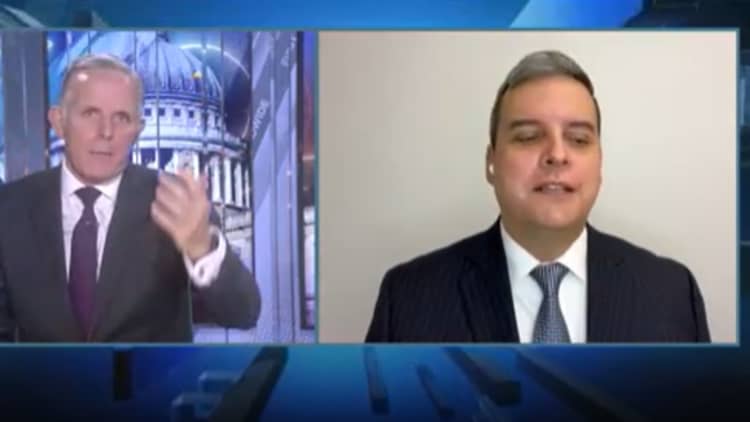A senior Treasury official has reiterated calls for excess reserves held in the Federal Reserve system to be excluded from the Supplementary Leverage Ratio (SLR) calculation during times of market stress, a move that would revive one element of the temporary relief provided during the Covid-19 pandemic.
“I would put a countercyclical piece on the SLR that could be relaxed,” said Nellie Liang, under secretary for domestic finance at the US Treasury. “The Fed did it in April 2020. The ECB did it later. You just relax it so [dealers] can… intermediate for a while… It gives them a way to build some capacity to be able to make markets.”
Liang was speaking at a workshop on nonbank financial institutions hosted by the Federal Reserve Bank of New York and European Central Bank on June 21.
It is essential that the agencies consider the effects of the SLR on market liquidityIsda letter
At the height of the Covid pandemic, the Federal Reserve extended capital relief to US banks by allowing them to deduct US Treasuries and excess reserves from the exposure measure used to calculate the SLR.
The relief rolled off at the end of March 2021, but the Fed promised an imminent consultation on permanent changes to the “design and calibration” of the SLR.
Despite those assurances, July 2023 proposals for the final package of bank capital reforms – known as the Basel III Endgame – failed to include SLR relief. Final rules are expected in the coming months from a triumvirate of US regulators: the Federal Reserve Board; the Federal Deposit Insurance Corporation; and the Office of the Comptroller of the Currency.
In anticipation, the industry has ramped up its call to put SLR relief back on the agenda.
The Investment Company Institute, the Securities Industry and Financial Markets Association and the International Swaps and Derivatives Association are among the groups who have called for the SLR to be revised to enhance UST market liquidity and stability. In a March 5 letter to the trio of regulatory agencies, Isda called for a permanent exclusion of US Treasuries from total leverage exposure calculations.
“Given the significance of the SLR to bank participation in the Treasury market, it is essential that the agencies consider the effects of the SLR on market liquidity, including in the context of the proposals and other market reforms,” says Isda in its letter.
In her presentation, Liang only mentioned that reserves in the Fed




